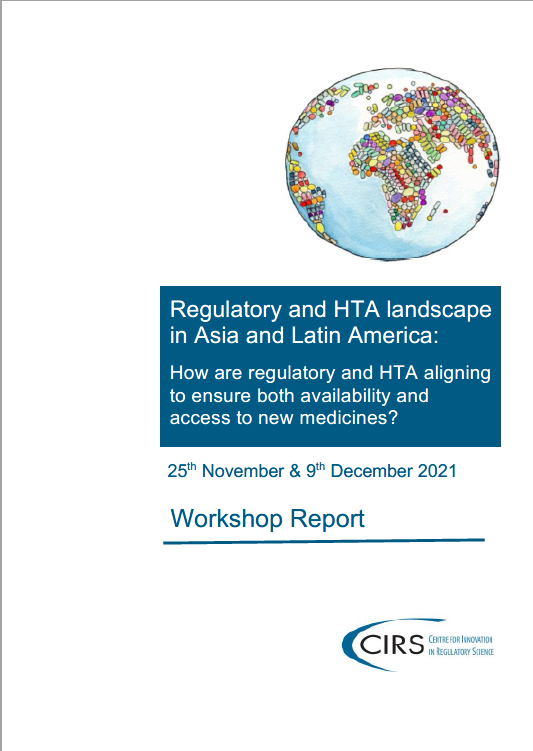As regulatory systems mature with demand for new innovative treatments, jurisdictions are seeking to introduce more comprehensive healthcare systems; this is often accompanied by efforts to initiate health technology assessment (HTA) within countries.
HTA is increasingly being used as a means of horizon scanning and determining access to health technologies including medical products. HTA could be seen as a bridge between the regulatory decision and coverage or reimbursement decision-making, which countries need to make to ensure the appropriate utilisation of healthcare resources.
HTA in many countries in Asia, Latin America, the Middle East and Africa is non-existent, and the role of procurers is key for the reimbursement of medicines. In some countries, HTA is nascent and focused on specific priority areas e.g. Saudi Arabia, Vietnam, and Indonesia. While some countries have more experience but are still in evolving e.g. Singapore, China, and Malaysia, others have been established for some time e.g. South Korea, Taiwan, Thailand and Brazil. As countries develop their HTA systems, there is a wide range of international experiences to learn from.
As the regulatory and HTA landscape evolves within maturing markets, there is growing interest in how HTA will develop. Alignment between the regulatory process and HTA mechanism is important to ensure not just the timely availability of new medicines but also access. The aim of this workshop was to provide a platform for discussion of the changing regulatory and HTA environment within maturing countries and the role of HTA and regulatory agencies.
Workshop objectives
- Discuss the current and future regulatory and HTA landscape within maturing jurisdictions and how or if these are aligned.
- Identify through case studies different models and maturity of systems within countries as well as the challenges and opportunities.
- Discuss what can be learnt across jurisdictions from the current initiatives to inform the future evolution of the regulatory-HTA landscape in maturing countries.

